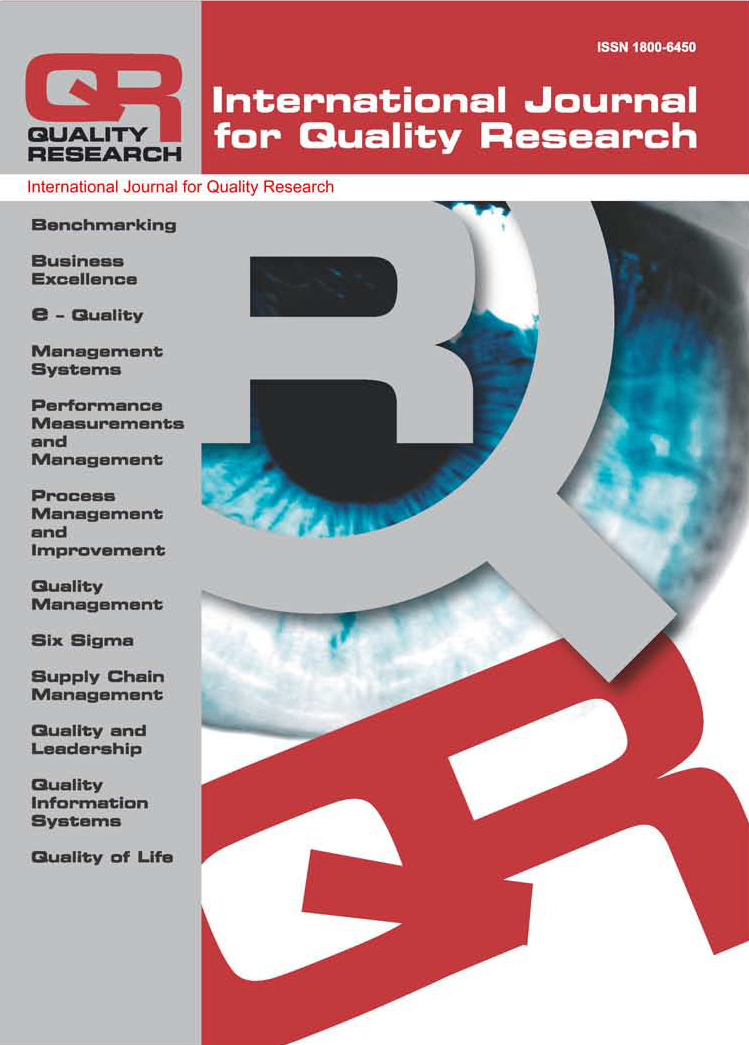REDUCING NON-CONFORMITIES UNDER THE TQM PARADIGM: A CASE STUDY
Edgar Pinheiro,
Liliana Ávila
Abstract: This article describes an empirical case study of a company that manufactures and designs tableware and accessories made of fine stoneware providing a rich description of a real context of application of TQM principles. The increasing number of non-confirming pieces was leading to the loss of resources and missed opportunity costs. The PDCA cycle was adopted as the predominant mechanism for continuous improvement in the TQM paradigm. The improvement actions implemented helped the factory reach the lowest rework percentage in the last 5 years, with an estimated increase in sales of around 200 thousand euros. The study contributes to strengthen the literature on TQM, and it can be a useful guide on how to use this approach to reduce defects, whether using the same or other strategies in each phase of the PDCA cycle.
Keywords: Total quality management, PDCA cycle, Defects reduction, Continuous improvement, Product quality
DOI: 10.24874/IJQR19.02-15
Recieved: 15.10.2024 Accepted: 14.04.2025 UDC:
Reads: 29 







